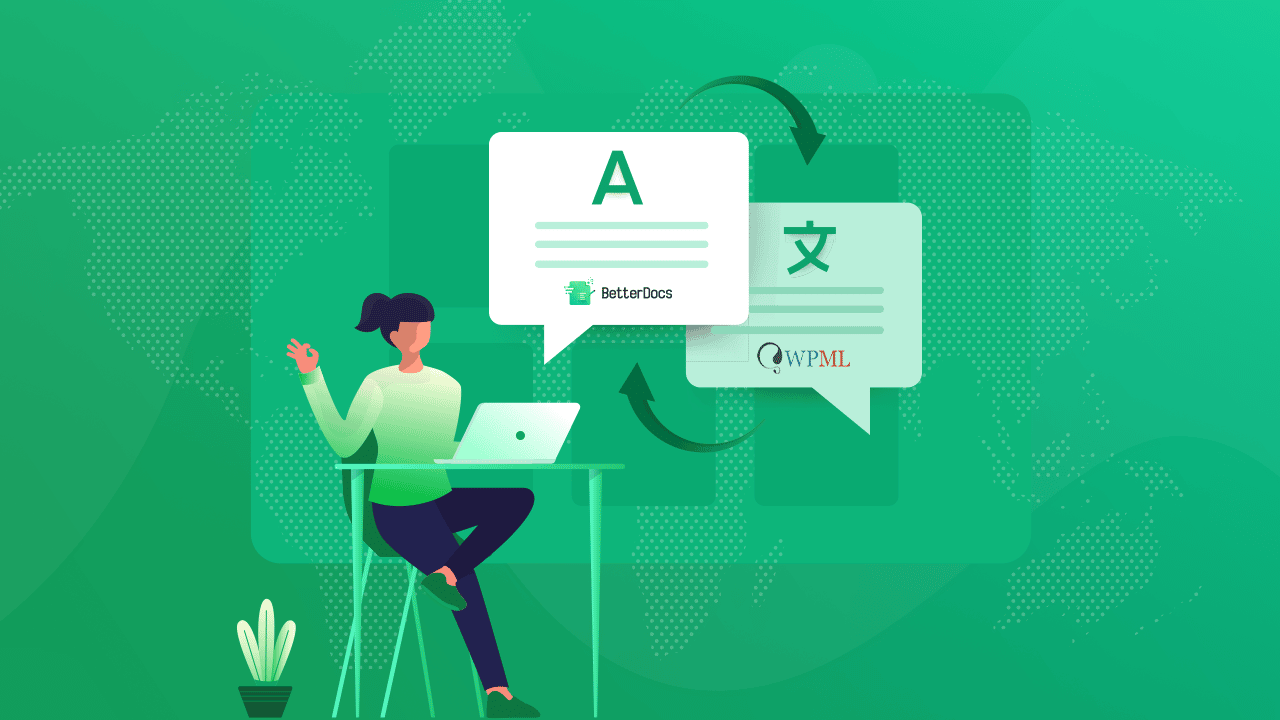If you are the owner of an eCommerce store, you have to ensure top-notch customer service for your business. And if your eCommerce store is Shopify built, you can then easily get the best Shopify customer support apps securing excellent service to your random customers’ queries online anytime.
Wanna know where to get the best Shopify custom support apps list? Take a look below to know all the 11 best Shopify customer support apps in 2026 to satisfy your customers to the fullest with your amazing service.
Continua a leggere "Top 11 Best Shopify Customer Support Apps In 2026"
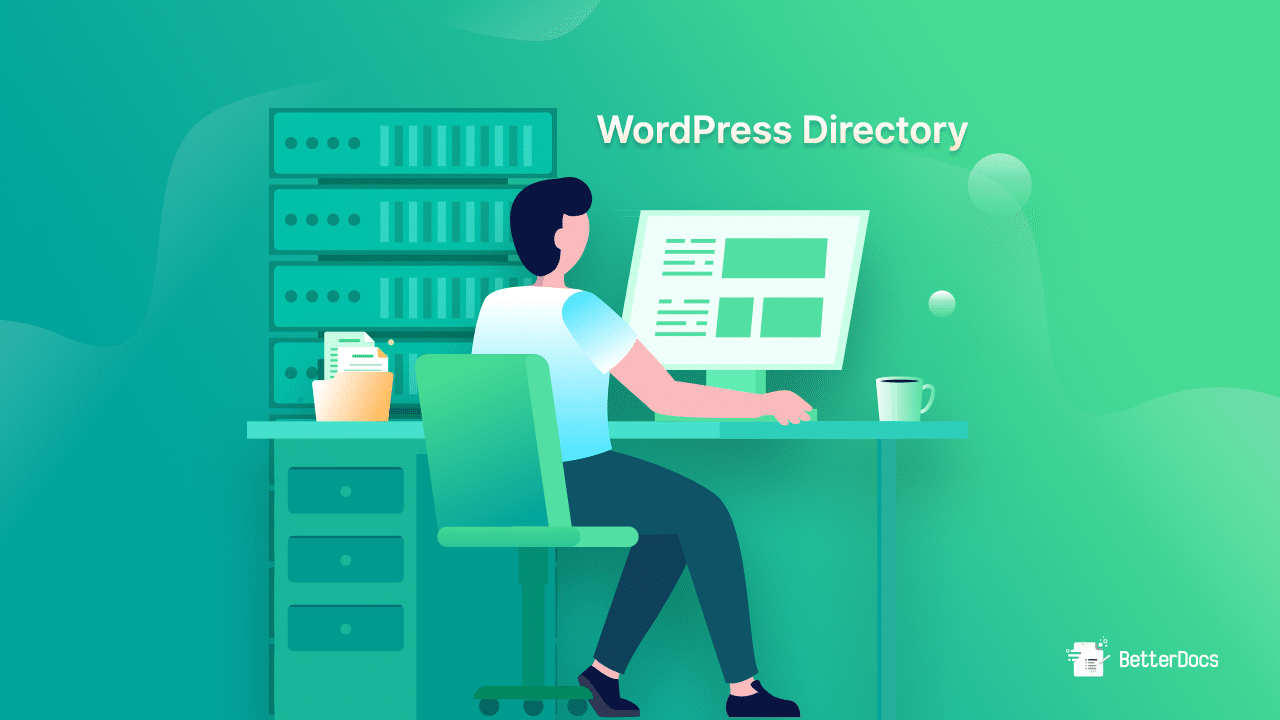
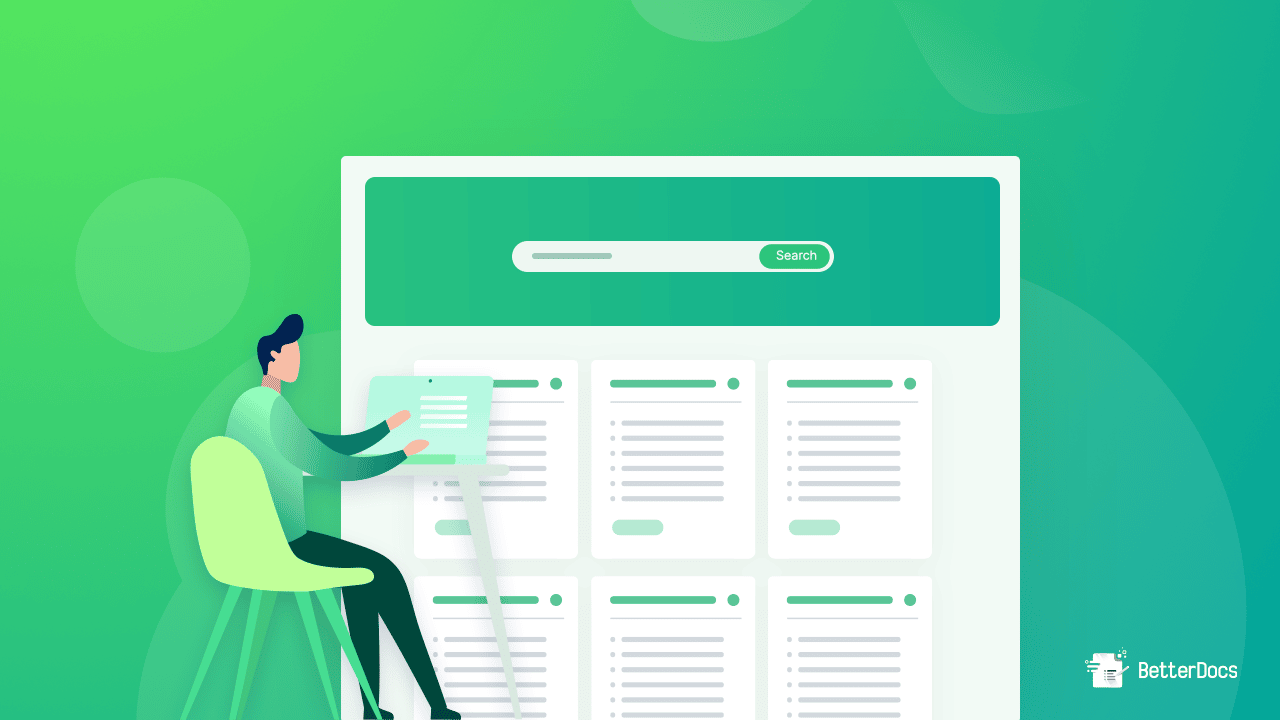
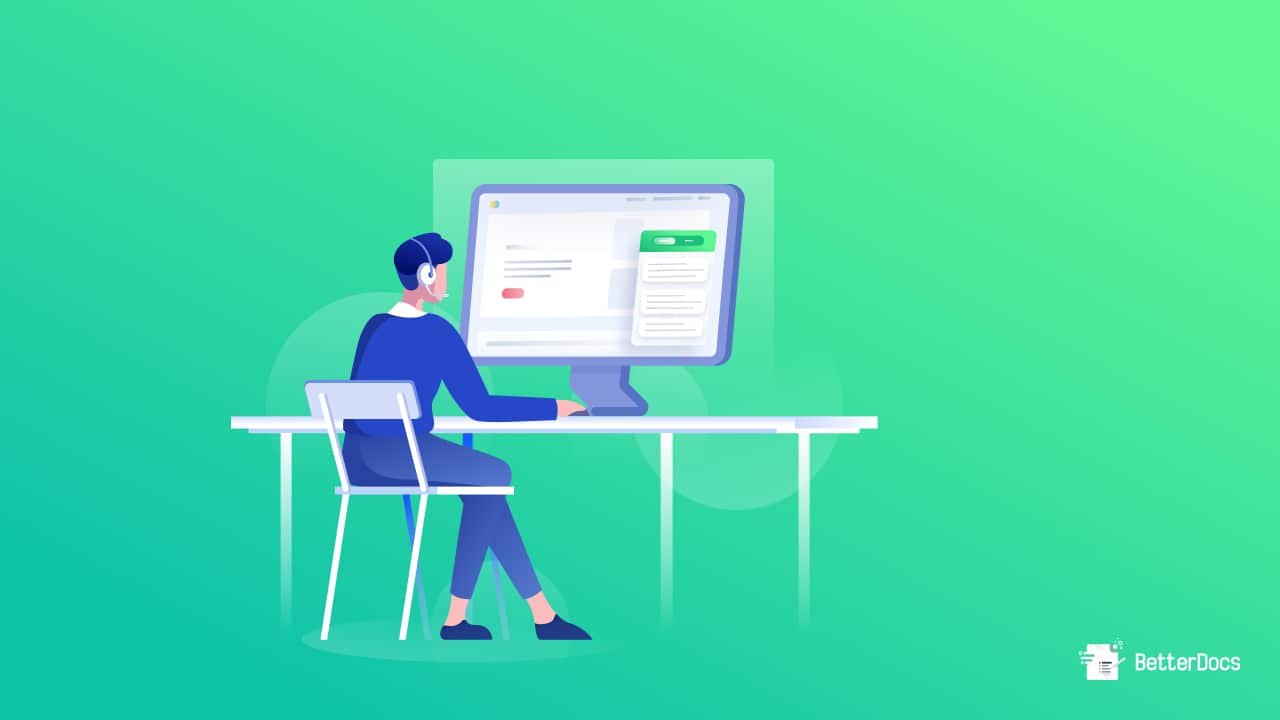
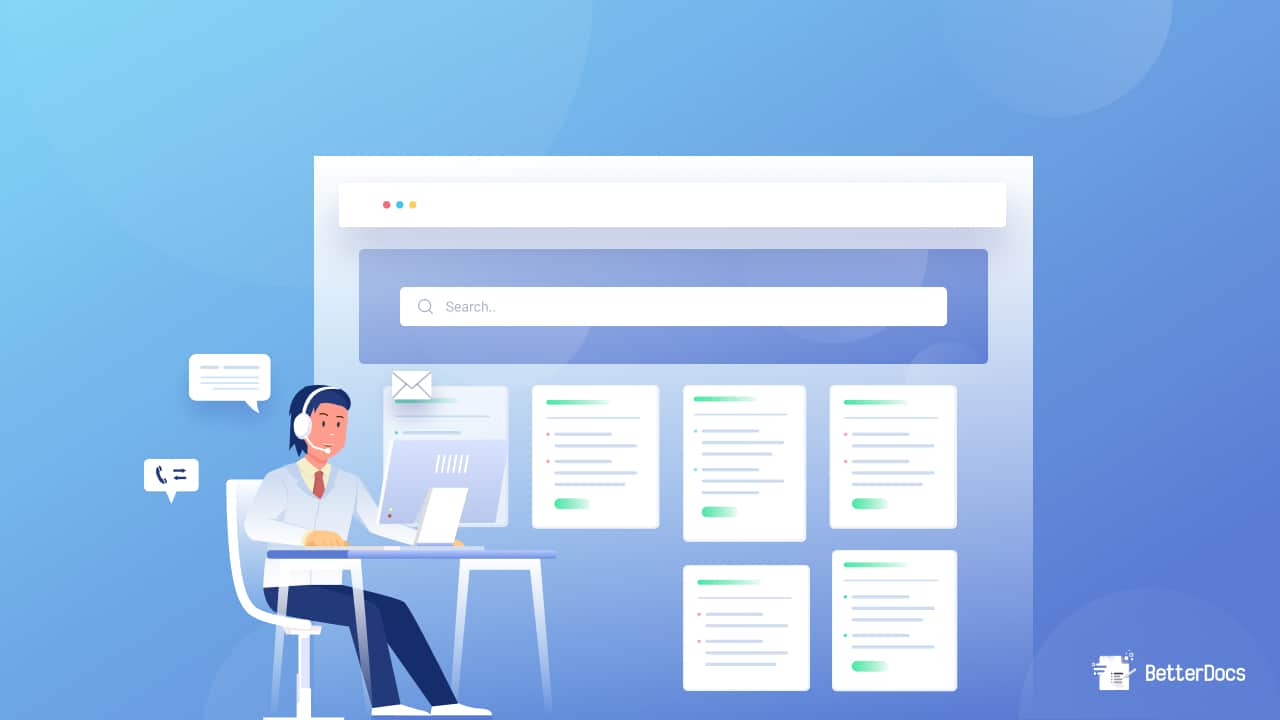
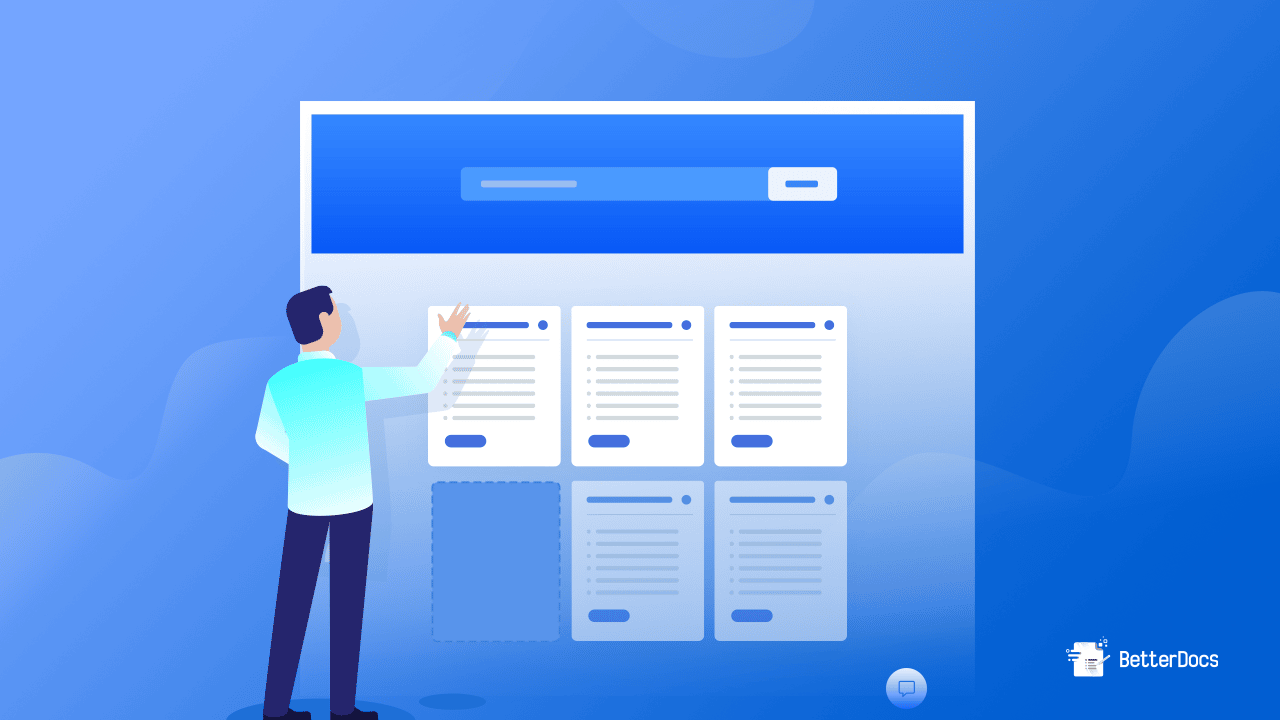
![How To Index Custom Short Links On Google Search & The Ultimate Guide [2026] 14 Index Custom Short Links Google](https://betterdocs.co/wp-content/uploads/2021/07/How-To-Index-Custom-Short-Links-On-Google-Search-The-Ultimate-Process.png)
![Top Knowledge Base Examples You'll Want To Copy For Your Website [2025] 16 top knowledge base examples](https://betterdocs.co/wp-content/uploads/2021/06/Top-knowledge-base-examples-you_ll-want-to-copy-for-Your-Website.png)
![How To Get User Feedback On Your Documentation Using BetterDocs WordPress Plugin [2025] 18 User Feedback BetterDocs](https://betterdocs.co/wp-content/uploads/2021/06/betterdocs.jpg)
